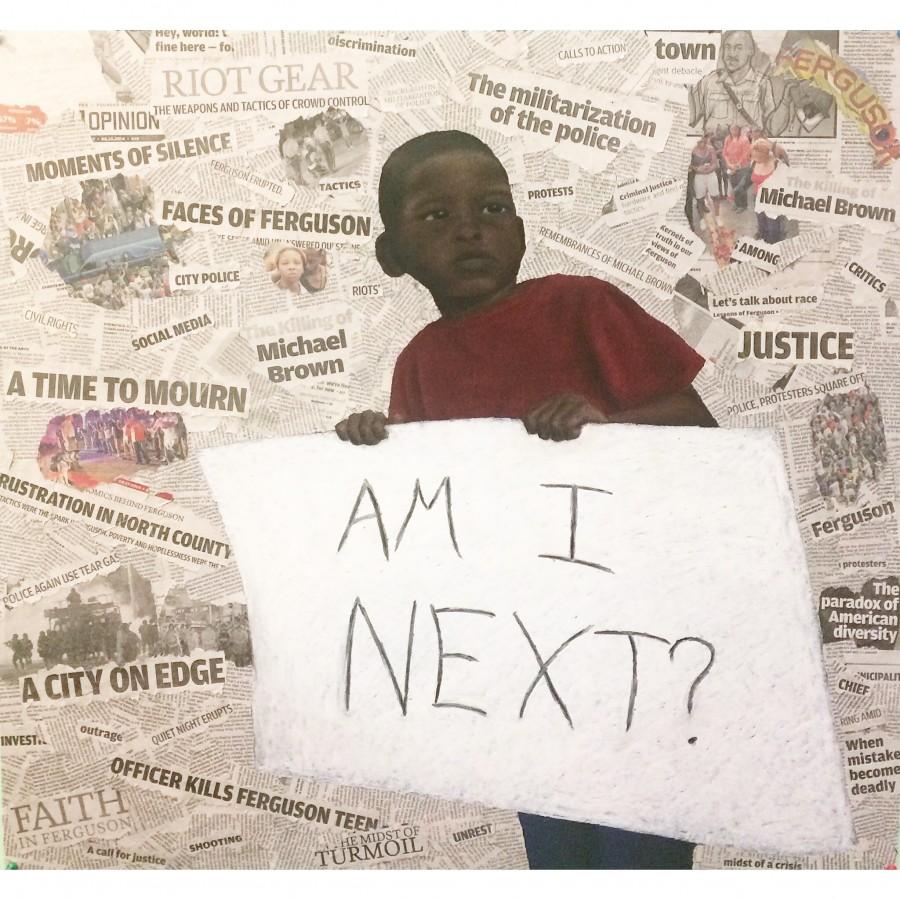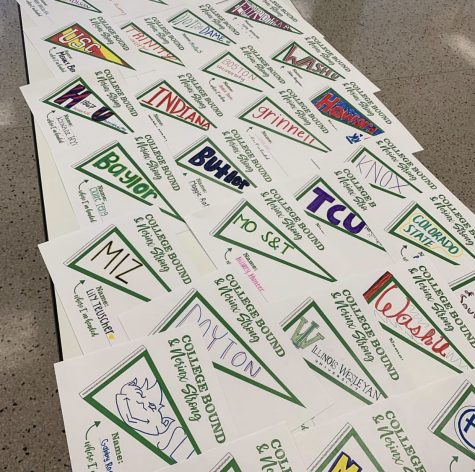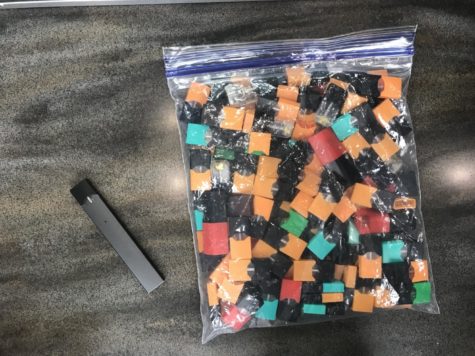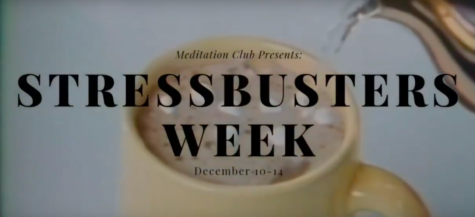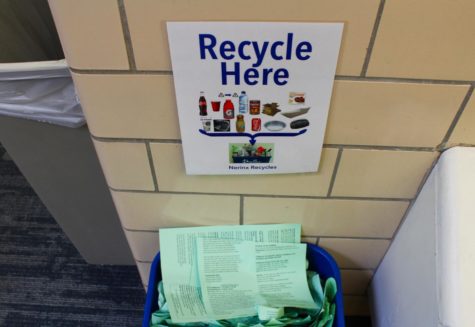What’s Happening in Ferguson?
Activists turn to the private grand jury proceedings as the national media retreats
In early August, the country was caught up in an explosion of debate and opinions over the death of Michael Brown. Brown, an unarmed black teenager, was shot six times from the front, in the head and the chest, fatally wounded by policeman Darren Wilson under suspicious circumstances. Immediately, Canfield residents, activists, and media outlets claimed that the unarmed Brown was murdered because of his skin color. Further protests resulted in clashes between civilians and police, exacerbating the situation with tear gas, police dogs, and rubber bullets. News outlets all over the world traveled to Ferguson, Missouri, where the shooting took place. After a while, the media left, leaving St. Louis residents such as rapper Tef Poe and Alderman Antonio French to take up the cause.
Even though the cameras and reporters have left, the fight is far from over. Since then, over 160 people have been arrested, journalists and protesters alike. However, some of the “protesters” who threw Molotov cocktails and burned down the local QuikTrip were not from Ferguson, nor were they there with an interest in a peaceful protest for Michael Brown. Most were there with the idea of a peaceful protest in mind, and the people arrested have since been released.
The media attention has since cooled, and the family of Michael Brown and many others have pushed for the arrest and conviction of Darren Wilson. The attention of many has turned to the investigating grand jury, which began hearing testimony on the shooting of the 18-year-old. The jury consists of nine white members and three black members, and, to the anger of Brown’s supporters, the jury proceedings will not be open to the public.
The jury will consider two questions of great importance: whether or not a crime was committed, and whether or not there was cause for Officer Wilson to commit the crime. It may take months for the jury to come to a decision, and it may take more evidence than the case has currently for Wilson to be convicted. Whether Michael Brown was running toward the officer, or was posing no threat at all, has been the topic of much controversy, and varying witness accounts make the grand jury’s decision all the more difficult. Several witnesses say that Brown, after being shot once or twice, threw up his hands in surrender, screaming, “OK, OK, OK, OK, OK, OK” and staggered forward, not necessarily in a threatening manner, as he was clearly holding up his hands and yelling in submission. This point of surrender in the action leading to Brown’s shooting has become the slogan and focal point in the erupting protests following Brown’s death. “Hands up, don’t shoot” was chanted along the streets of Ferguson and scrawled upon signs held high by protesters. The general belief that Brown was indeed standing still, or at least staggering harmlessly about when shot, as well as the fact that Wilson has to account for all six of the shots fired, may be some source of comfort and hope for those in support of Michael Brown and his family in the court case.
Wilson is currently on paid administrative leave and may prove difficult to convict. The law seems to be on Wilson’s side, as officers are legally permitted the use of deadly force when an alleged felon is trying to flee if “the suspect poses a significant threat of death or serious physical injury to the officer or others.” Brown was reported to have stolen from a store a few minutes prior; surveillance footage shows the 18-year-old shoving a person inside the store and leaving with the stolen item. However, the store owner did not report the robbery, and Wilson had no knowledge of it at the time of the shooting.
Just as Michael Brown has his supporters, Darren Wilson has his own. While some witnesses say Brown surrendered completely, other witnesses report that Brown was charging the officer, and that the officer was clearly firing in self-defense. While African-American protesters march through the streets of Ferguson holding signs reading “I am Michael Brown,” Darren Wilson supporters march as well, holding signs reading “I am Darren Wilson.” “I am Darren Wilson” bracelets were also made in support of the officer and his actions, and they were subsequently banned from the police force after officers were seen wearing them on duty. Thousands of dollars have been donated in support of defendants of Darren Wilson, and a Facebook page made in support of Wilson has gotten over 30,000 likes.
To add to the number of factors in the investigation leaning in Darren Wilson’s favor, Saint Louis County Prosecutor Robert P. McCulloch will act as the prosecutor in the case. Many people, particularly the African-American community, strongly believe that McCulloch is biased and will side with the police force in any case, and that this case will be no exception. He has a history of favoring the police force, as with the case of Earl Murray and Ronald Beasley. On June 12th, 2000, Murray and Beasley, African-American drug dealers, pulled into the parking lot of a Jack in the Box in the northern suburbs of Saint Louis. Detectives from the police force were waiting for them, ready to arrest them for their drug-related crimes. When the two saw the policemen, they panicked and attempted to escape, accidentally backing up and ramming their car into a police SUV. The policemen opened fire on the men. When the case was brought to court, McColloch acted as the prosecutor, and decided not to indict the officers, saying they acted out of self-defense. Further investigation of the case many years later found that a few of the police officers’ testimonies had been completely fabricated. Fourteen years later, many believe McCulloch will manipulate the grand jury once again, as he can decide what charges to consider, what evidence to present and who will testify. While McCulloch is not working directly on the case, he is believed to be advising the two prosecutors who are, giving him full influence over the case but also the ability to deny any involvement at all. McCulloch’s relationship with the police force as well as his history of favoritism toward officers in legal matters does not hold much promise for this investigative jury; Darren Wilson may not be arrested or charged with anything at all, due to the circumstances of the case.
Currently, the investigating grand jury case is ongoing, and since the case is not public, people can only wait and see how this tension-filled investigation will play out in the following weeks. Organizations everywhere are currently planning fundraisers, protests, marches, and anything else to raise awareness of the incident, and they hope to rally thousands of people, whites and blacks alike, to fight against the racial profiling and racial discrimination that has plagued communities across America for far too long.

